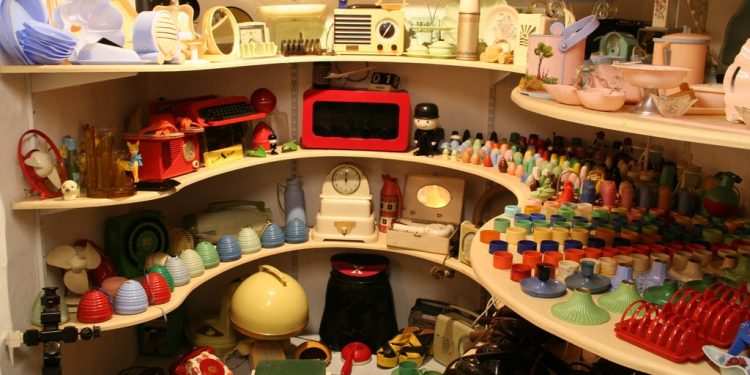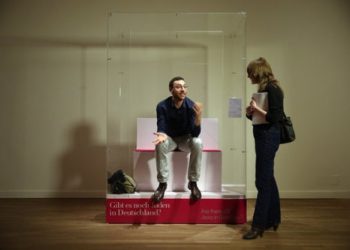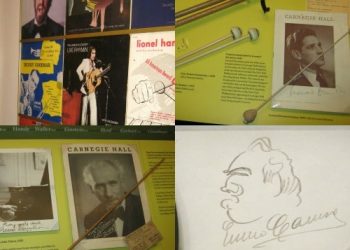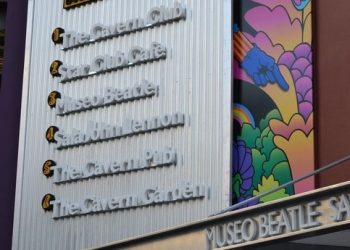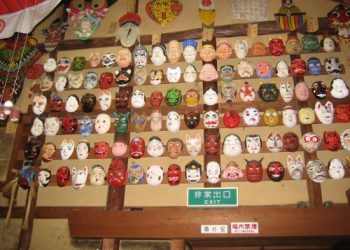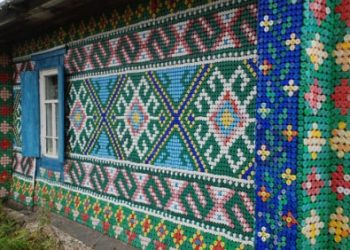Feb 5 in 1909 Belgian chemist Leo Baekeland announced the creation of Bakelite, the world’s first synthetic plastic. And the world has never been the same since. The scientist was already a millionaire thanks to the sale of his photographic paper patent to Kodak, but phenol-formaldehyde (the not-so nice name for Bakelite) was the first plastic material to be mass-produced into just about anything. It’s been called “the material of a thousand uses”. So if you’re ever travelling through the Somerset countryside and have always wanted to see electrically non-conductive polyoxybenzylmethylenglycolanhydride, then you’re in luck. In the old water mill, owned by collector and sculptor Patrick Cook, in the village of Williton is home to the Bakelite Museum, Britain’s largest collection of vintage plastics.
Basically it’s your grandmother’s basement. Everything you’d every need or want is here…from hairdryers, hot water bottles and perming machines to radios, cameras and telephones. Following the primary colour mushrooms up the stairs, there is even more to see, like a full set of teeth and an actual Bakelite coffin. Yes, you read that last part right. And you can take home or send a long-lost friend a piece of Bakelite with a special postcard as well as enjoy a cream tea (not made of thermosetting phenol formaldehyde resin, thank god!) at the cafe, which is always my favourite part of visiting little, old British museums and palaces. Postcards, tea and scones, please!
